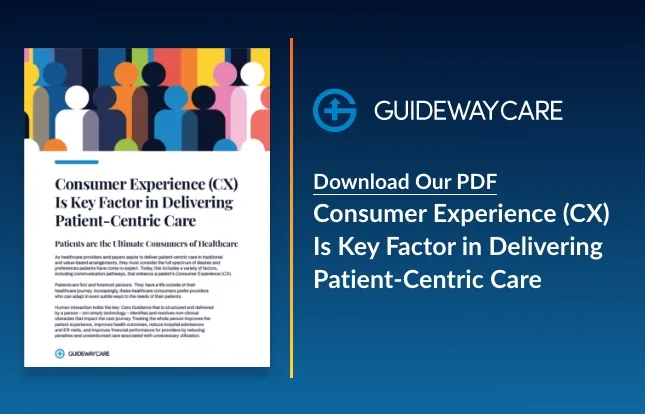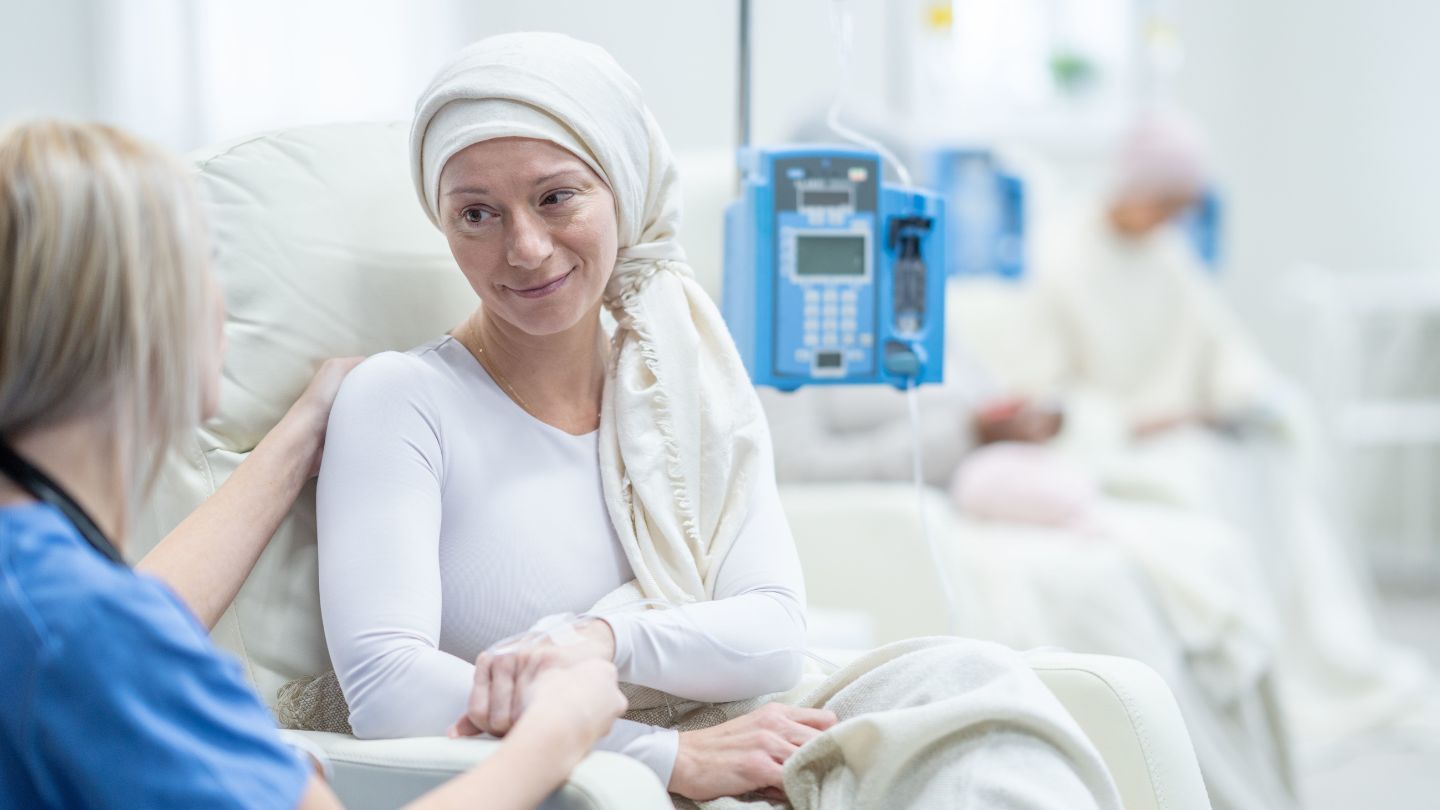NCI National Cancer Plan Prioritizes Eliminating Health Disparities

Key Takeaways:
- Eliminate disparities in cancer risk factors, incidence, treatment side effects and mortality through equitable access to prevention, screening, treatment and survivorship care.
- Praise from oncology community: American Association for Cancer Research
- Value of Care Guidance to Advance Health Equity Goals
Throughout the healthcare ecosystem, there is increasing recognition of the struggles that cancer patients face to overcome health inequities attributed to social determinants of health (SDoH) and other non-clinical barriers to accessing quality care.
In fact, the American Cancer Society acknowledges that a prognosis for cancer is correlated with the quality of care patients receive based upon health equity factors, with SDoH being strongly linked to cancer risk, prevalence, outcomes, and rates of morbidity, mortality and survivorship.
The National Cancer Institute releases a National Cancer Plan
As reported by Healthcare Innovation, one of the eight goals outlined in the NCI’s National Cancer Plan is the elimination of disparities in cancer risk factors, incidence, treatment side effects and mortality through equitable access to prevention, screening, treatment and survivorship care.
This plan is drawing much praise from associations in the oncology community. According to American Society of Clinical Oncology President Eric P. Winer, M.D., “Getting better care—care that we know is effective—to the people who need it most is an urgent need in this country. Whether it’s reaching patients in rural areas who need to travel long distances to receive service or reaching people in urban areas who lack access, it’s critical to identify and fix the barriers to care and gaps in treatment as soon as possible.”
Guideway Care shares NCI’s goal and enthusiastically supports oncology groups that are considering the addition of care guidance to their portfolio of services.
Working Towards the Goal of Health Equity
Along the road to coordinating cancer care beyond the walls of the hospital or clinical setting, oncology patients often encounter complex, practical issues that pose non-clinical challenges which often impede care delivery and treatment compliance. Many who are at-risk require an amplified level of personalized care focused on whole person, holistic health.
To support an equitable path forward for all cancer patients, the American Association for Cancer Research recommends oncology providers consider employing patient advocates and navigators whose scope is focused on proactively activating patients to identify and resolve their SDoH-related disparities – before the issues become problematic and costly. This is where the proposition of a care guidance solution presents the most value for both patients and clinicians as a validated approach to providing equitable, cost-efficient care.
Guiding the Future of Equitable Healthcare
Guideway Care provides care guidance in a solution as a service model, employing highly trained “Care Guides” that operate within a scalable, technology-enabled platform. Care Guides proactively engage with patients and their families and conducted assessments to uncover and resolve practical issues stemming from SDoH that may evolve into non-clinical barriers to their continuation of care. By following protocoled workflows and escalation paths, care guides also ensure that relevant clinical issues are immediately directed to the right member of the clinical team before becoming problematic, challenging and costly to treat.
Care guidance is an innovative solution that maximizes efficiency, lowers total cost of care and raises quality metrics in value-based care arrangements. As a result, hospitals and their clinical staff receive needed support to deliver quality, equitable care, generate the best possible outcomes for patients and optimize financial and operational performance.
Contact us for insight into how Guideway Care, as your partner, can implement an efficient and effective care guide solution to support your clinical team and deliver on the promise of health equity based on the needs of the patient populations in your community.
Contact Us Today To Learn How We Can Help
"*" indicates required fields




